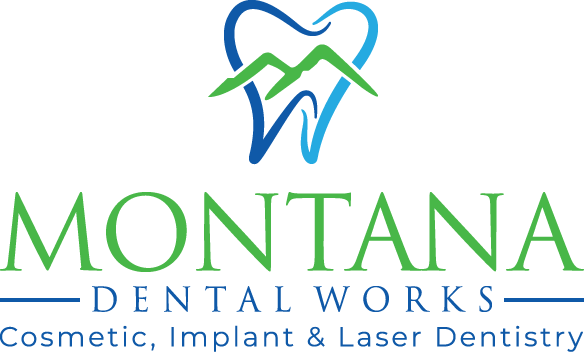
Understanding Dental Hygiene & Health
Your oral health is more than just a beautiful smile—it’s a crucial component of your overall well-being. A consistent oral care routine and mindful habits are essential to preventing dental issues and maintaining a strong, healthy smile.
For expert dental guidance and personalized care, contact our Kalispell, MT, dentist, Dr. Dan McAllister, at Montana Dental Works – Cosmetic, Implant, & Laser Dentistry by calling (406) 752-1166.
Conditions That Affect Your Dental Health
Your smile reflects more than just oral hygiene—it can also reveal signs of underlying health conditions. Common conditions that may affect your dental health include:
- Diabetes: Reduced resistance to infection increases the risk of gum disease.
- Alzheimer’s Disease: Patients may struggle to maintain proper oral care routines.
- Eating Disorders: Nutrient deficiencies and acid exposure can weaken enamel and damage teeth.
- Osteoporosis: This disease is linked to tooth loss and weakened jawbones.
- Rheumatoid Arthritis (RA): Inflammation can make chewing or brushing difficult.
Frequently Asked Questions
We recommend bi-annual dental visits for professional cleanings and thorough examinations. For patients with gum disease or other conditions, more frequent visits may be necessary.
Occasional bleeding might happen if you’ve just started flossing. However, persistent bleeding could signal gum disease. If accompanied by redness or swelling, contact Montana Dental Works for an evaluation.
Learn More About Dental Health Care with Dr. McAllister
Your smile deserves exceptional care. At Montana Dental Works – Cosmetic, Implant, & Laser Dentistry, Dr. McAllister and his team are dedicated to helping patients in Kalispell, MT, and the surrounding areas maintain their dental health with compassionate, expert care.
Contact us today at (406) 752-1166 or fill out our online form to book your consultation. Let us help you achieve a smile that’s healthy, radiant, and built to last.
